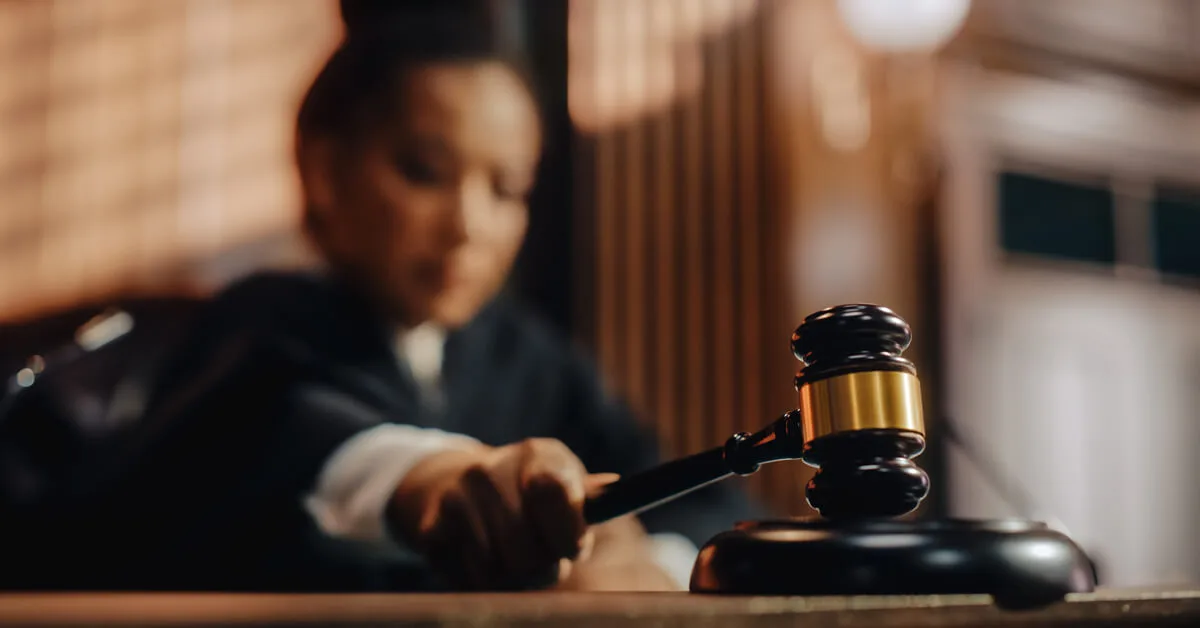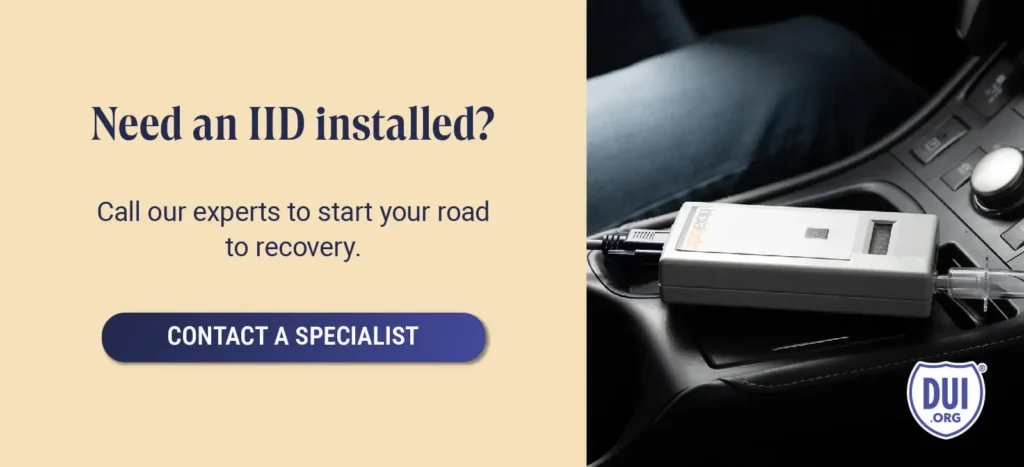
If you've been charged with a DUI, it's natural to feel overwhelmed and uncertain about the future. Fortunately, many DUI cases can be resolved through a plea bargain, or plea deal — an agreement between yourself and prosecutor that avoids going to trial.
A DUI plea deal can reduce charges or penalties, providing a quicker resolution to your case. In this guide, we’ll cover how DUI plea deals work, what options might be available, and what impact they can have on your DUI charges and penalties.
Understanding DUI Plea Agreement
In the United States, plea bargains are a common way to resolve criminal cases, including DUI offenses. Prosecutors are often motivated to offer plea deals for DUI cases due to the time and expense required to take every case to trial.
For defendants, a plea bargain for a DUI can provide a way to avoid harsher penalties, as well as the time and expense that could result from a trial and conviction. These plea agreements benefit both sides by resolving the case quickly, but it’s important to understand the implications before accepting a DUI plea deal.
What Is a DUI Plea Bargain?
A DUI plea bargain involves pleading guilty to a reduced charge and/or accepting a lesser sentence in exchange for not going to trial. Only the prosecutor has the authority to offer a reduced charge or lesser sentence. Skilled DUI attorneys can negotiate with the prosecution to help secure the best possible outcome, especially if the case has complicating factors or is headed for trial.
Types of DUI Plea Bargains
Charge Reduction Pleas
One common type of DUI plea bargain is a charge reduction, where the prosecutor agrees to lower the severity of the charge in exchange for a guilty plea. In some states, a DUI charge may be reduced to a lesser offense like "driving while ability impaired" (DWAI) or reckless driving. This reduction can lessen your penalties and may prevent a DUI conviction from impacting your future.
For example:
- New York: A DUI charge can sometimes be reduced to a DWAI, which is classified as a non-criminal traffic infraction.
- Connecticut: A second-time DUI offender facing a felony charge may be able to plead down to a lower-level misdemeanor to avoid jail time.
The most frequently negotiated DUI plea deal is a charge reduction called a "wet reckless" plea. Here, a DUI charge is reduced to reckless driving involving alcohol, which typically has lighter penalties. A “wet reckless” plea can reduce fines and penalties while still acknowledging alcohol involvement. However, it may still impact future DUI charges.
Sentence Reduction Pleas
A sentence reduction is another type of DUI plea deal where, instead of reducing the charge, the prosecutor agrees to a more lenient sentence. Although the conviction stays on your record, a reduced sentence might involve less jail time or lower fines.
For instance, in California, a first-time DUI conviction can carry up to six months in jail, but a prosecutor may offer a deal for no jail time and a reduced fine in exchange for a guilty plea.
Choosing Between Charge and Sentence Reduction
Whenever possible, a charge reduction is preferred over a sentence reduction. A reduced charge may not count as a prior DUI if you're arrested again in the future, and it often has less severe consequences for your driver's license.
On the other hand, a sentence reduction still results in a DUI conviction, which could affect you in future legal situations or in employment opportunities.

Will a DUI Plea Bargain Remove My Ignition Interlock Device (IID) Requirement?
Many states require IIDs for DUI convictions, and this requirement often remains even with a plea bargain. In states with all-offender laws, even a reduced charge may still involve installing an IID in your vehicle, depending on your state’s laws and the specifics of your case.
Should You Accept a DUI Plea Bargain?
The decision to accept a DUI plea bargain depends on your case and your state’s laws. Consulting with a DUI lawyer is essential to evaluate whether a plea deal is in your best interest. An experienced attorney can help you understand the strengths of the case against you and negotiate a more favorable outcome with the prosecutor.
Charged with a DUI?
Charged with a DUI? Call DUI.org to discuss options that can help you get back on track, like ignition interlocks and SR-22 insurance requirements. Our team is here to support you in taking the next step forward with confidence.
Get support.
What is next? We can help you through the process. Give us a little information and we can support you through the next steps.
All fields are required.